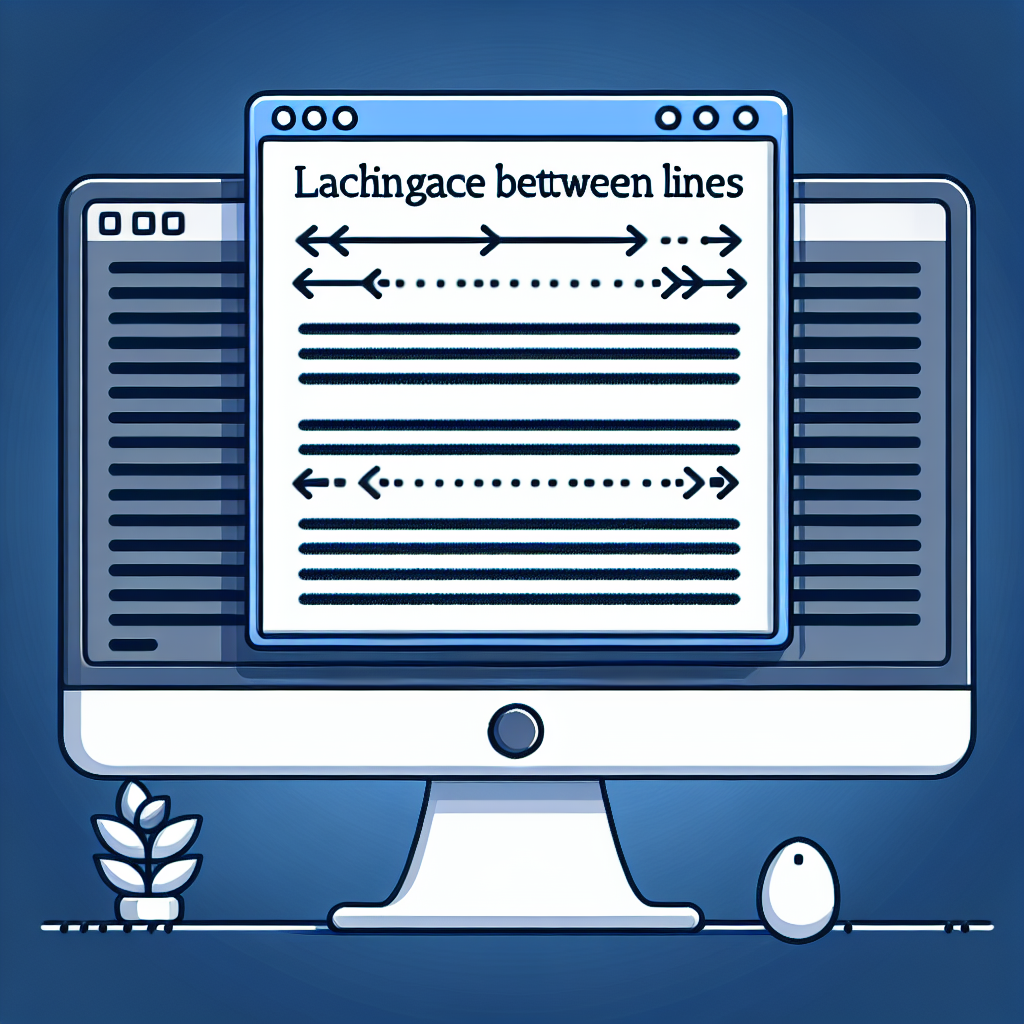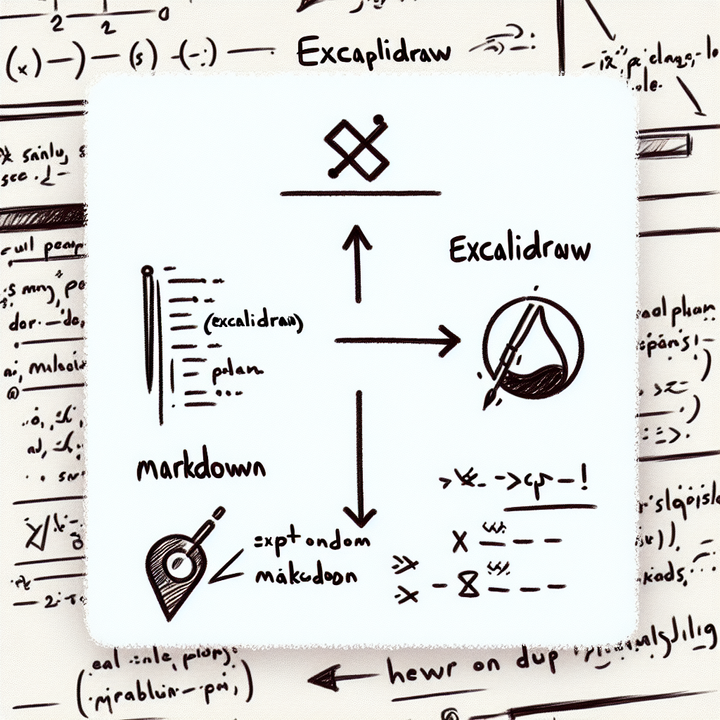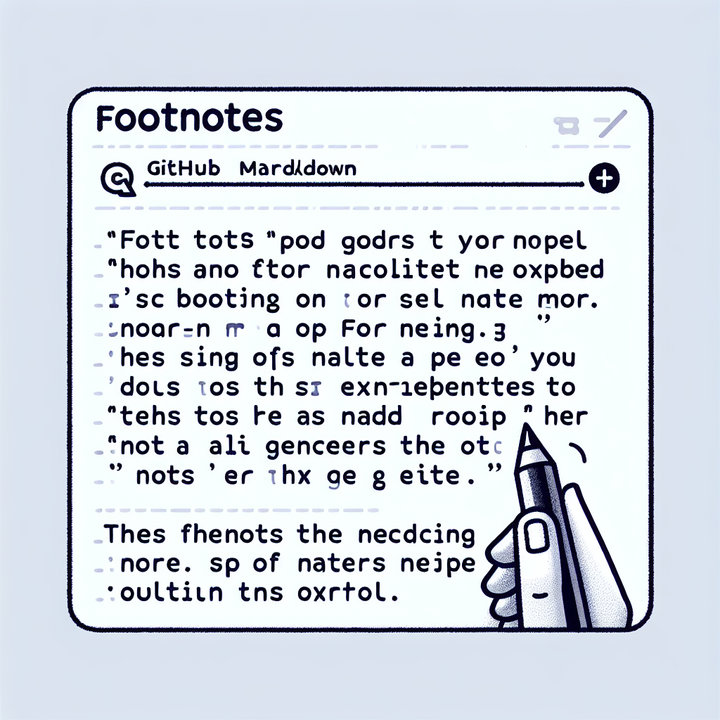Guide to Managing Line Spacing in Markdown
Markdown line spacing can be managed by inserting blank lines, using HTML tags like <br>, or applying custom CSS. These methods help create proper spacing between lines, paragraphs, list items, and headings, ensuring your text is readable and visually appealing.

"Need to convert or format Markdown? Check out our free tools– they're easy to use and always available."
Markdown is a lightweight markup language commonly used for formatting text. Many people use Markdown for writing blogs, documents, and various articles. A common issue when using Markdown is how to properly manage spacing between lines. This article will provide a detailed guide on controlling the blank space between lines in Markdown.
Basic Line Spacing
In Markdown, simply hitting Enter does not usually insert a blank line between lines. For example:
This is the first line
This is the second line
These two lines will be rendered tightly together. To insert a blank line between them, you can either use two or more spaces followed by Enter:
This is the first line
This is the second line
Or you can insert an empty line between them:
This is the first line
This is the second line
Spacing Between Paragraphs
To add blank lines between paragraphs, just insert an empty line between two paragraphs:
This is the first paragraph.
This is the second paragraph.
This method works for most cases and ensures clear separation between paragraphs.
Using HTML Tags
Sometimes, you may want finer control over line spacing. Markdown supports embedded HTML tags, so you can use the <br> tag to create line breaks with additional spacing. For example:
This is the first line<br><br>
This is the second line
Here, two <br> tags are used to insert more blank space between the lines.
Custom CSS
If you are using Markdown in an environment that supports custom CSS (like some blogging platforms), you can control line spacing through custom CSS. For example:
<style>
p {
margin-bottom: 20px;
}
</style>
Then use standard paragraph tags in your Markdown text:
This is the first paragraph.
This is the second paragraph.
This will add a 20-pixel margin between all paragraphs.
Spacing Between List Items
When working with Markdown lists, you can insert blank lines to adjust the spacing between list items. For example:
- Item one
- Item two
This ensures that there is an extra blank line between the list items.
Spacing Between Headings and Paragraphs
To manage spacing between headings and paragraphs, you can also insert blank lines. For example:
# Heading
This is a paragraph.
This will ensure that there is adequate space between the heading and the paragraph, making the text more visually appealing.
Example
Here is a comprehensive example demonstrating how to handle different types of spacing in Markdown:
# Guide to Markdown Line Spacing
This is the first paragraph.
This is the second paragraph.
Note the manual line break here.
- List item one
- List item two
This is the third paragraph, containing some **bold** and *italic* text.
```html
<style>
p {
margin-bottom: 20px;
}
</style>
This way, we can customize the spacing between paragraphs.
## Conclusion
Managing line spacing in Markdown can be achieved through various methods, including inserting blank lines, using HTML tags, and applying custom CSS. Choosing the appropriate method based on your specific needs will help you better format your text, making it more readable and visually appealing. We hope this article helps you understand and master controlling line spacing in Markdown.



Comments ()